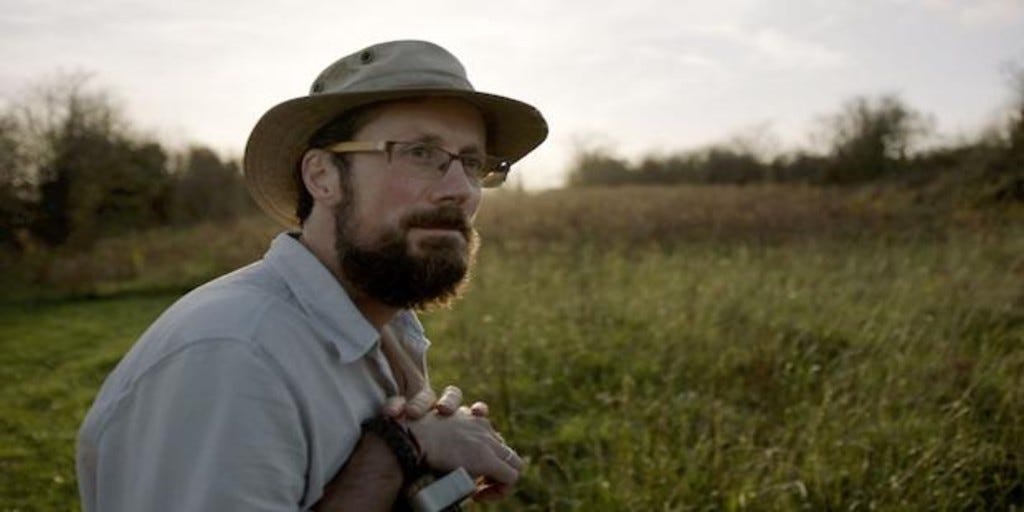Via Paul Kingsnorth:
A brushcutter is essentially a mechanical scythe. It is a great heavy piece of machinery which needs to be operated with both hands and requires its user to dress up like Darth Vader in order to swing it through the grass. It roars like a motorbike, belches out fumes and requires a regular diet of fossil fuels. It hacks through the grass instead of slicing it cleanly like a scythe blade. It is more cumbersome, more dangerous, no faster and far less pleasant to use than the tool it replaced. And yet you see it used everywhere: on motorway verges by council workers, in parks by municipal gardeners; even, for heaven’s sake, in nature reserves. It’s a horrible, clumsy, ugly, noisy, inefficient thing. So why do people use it, and why do they still laugh at the scythe?
To ask that question in those terms is to misunderstand what is going on. Brushcutters are not used instead of scythes because they are better, they are used because their use is conditioned by our attitudes to technology. Performance is not really the point, and neither is efficiency. Religion is the point; the religion of complexity. The myth of progress manifested in tool form. Plastic is better than wood. Moving parts are better than fixed parts. Noisy things are better than quiet things. Complicated things are better than simple things. New things are better than old things. We all believe this, whether we like it or not. It’s how we were brought up.
…
A progress trap, says Wright, is a short-term social or technological improvement which turns out in the longer term to be a backward step. By the time this is realised - if it ever is - it is too late to change course.
Also, a review of Kingsnorth’s novel, The Wake.




